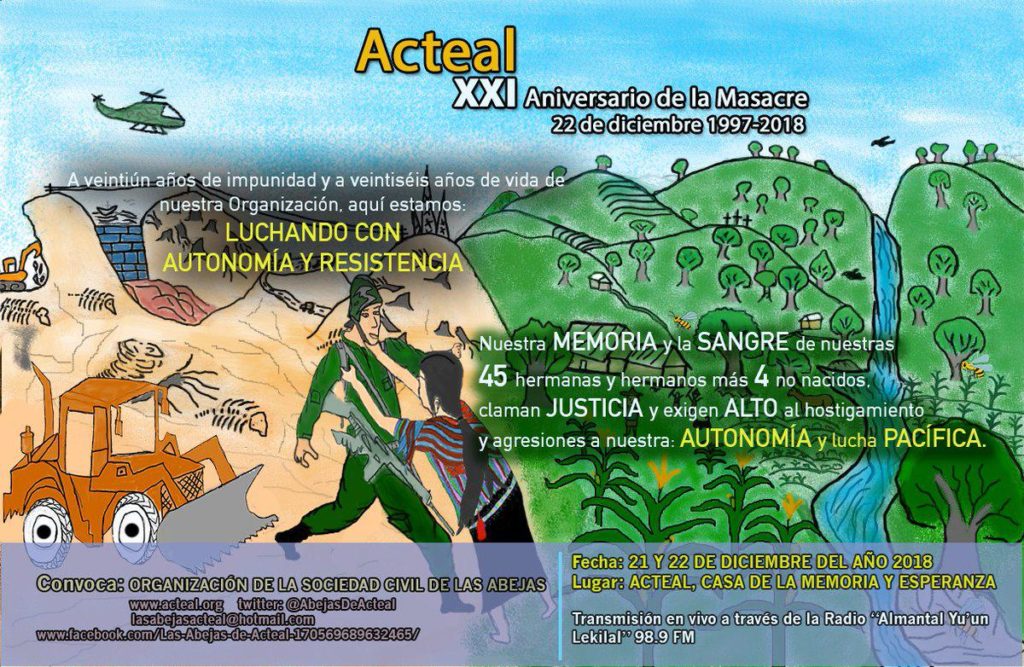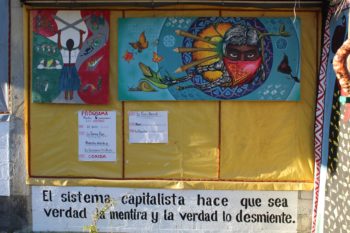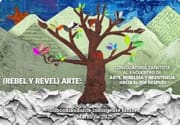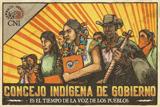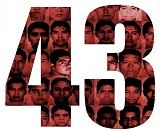(Español) BOLETÍN DE LA CONFERENCIA DE PRENSA SOBRE EL NUEVO AEROPUERTO INTERNACIONAL DE LA CIUDAD DE MÉXICO
En el año 2014, con el anuncio del gobierno de Enrique Peña Nieto de la reactivación del proyecto de construcción del Nuevo Aeropuerto Internacional de la Ciudad de México (NAICM) en el Lago de Texcoco, quienes integramos laCoordinadora de Pueblos y Organizaciones del Oriente del Estado de México en Defensa de la Tierra, el Agua y su Cultura y que como Pueblo Nahua del Valle de México formamos parte del Congreso Nacional Indígena, alzamos la voz para insistir en el impacto negativo que ello significaría, por tratarse de un proyecto que centralizaría el servicio en un solo aeropuerto, inutilizando al Sistema de Aeropuertos ya existente en la región centro del país y causando la muerte del Lago de Texcoco, -sitio de altísimo valor histórico, símbolo de la nación, regulador natural del agua de lluvia y la temperatura y eje del equilibrio ecológico de toda la Cuenca del Valle de México (cambio climático y calentamiento global), lugar de anidación y reproducción de miles de aves migratorias y del cultivo de tesoros nutricionales ancestrales como el alga espirulina, el ahuautle, el tequexquite y la sal de tierra- además de la contaminación por desechos, smog y ruido; la devastación de especies endémicas de plantas y animales; la destrucción de santuarios, cerros sagrados y su riqueza arqueológica incluida la franja prehistórica de la ribera del lago; la canalización de ríos y manantiales; la pavimentación de la capa vegetal que impediría la filtración de agua de lluvia para la recarga de los acuíferos; el intenso uso de energía eléctrica; la sobre-población; la construcción de unidades habitacionales, centros comerciales, parques industriales y eólicos, granjas de paneles solares, gasoductos, gigantescos basureros e incineradoras; la pérdida de la soberanía alimentaria y del comercio local; el rompimiento del tejido social; la sobre-explotación de los bienes naturales de la tierra y el desastre climático, condenando a ejidos, pueblos originarios y comunidades indígenas nahuas herederas de la sabiduría ancestral como la medicina tradicional y nuestra lengua madre el náhuatl, a la pobreza, al desplazamiento forzado y a la extinción; así como al colapso de la propia Ciudad de México.
De ese momento a la fecha, hemos trabajado incansablemente y por nuestros propios medios, para informar y contribuir a la concientización de la población sobre el discurso de un falso progreso y las graves afectaciones del proyecto de construcción del NAICM; además de, con la ayuda de científicos solidarios de primer nivel de nuestro país y del extranjero, haber logrado probar en base a estudios especializados su no-viabilidad en una zona altamente sísmica, tres veces más salina que el mar, que además es el punto más bajo de la Cuenca de México y cuyo riesgo de hundimientos e inundaciones es inminente.


